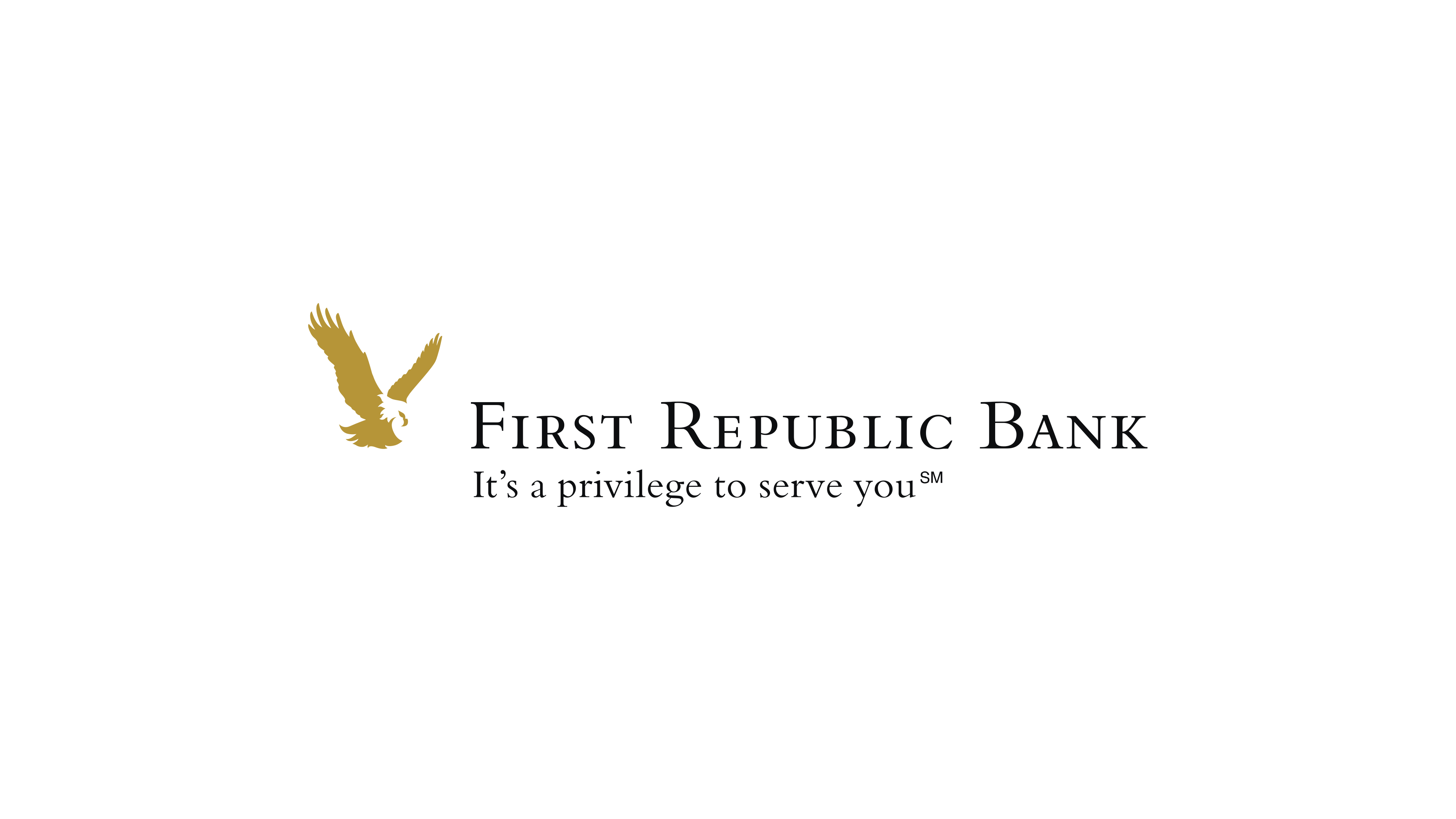US regulators have seized First Republic Bank and sold its assets to JPMorgan Chase in an effort to resolve what has been described as the largest US bank failure since the 2008 financial crisis.
The entire banking sector took a hit in March when depositors fled from smaller banks to larger incumbents following the collapse of Silicon Valley Bank and Signature Bank. The impact at First Republic was not thought to be so dramatic, but the bank last week revealed more than $100 billion in outflows in the first quarter of 2023.
In response to this news, California regulators on Monday seized the bank and put it into Federal Deposit Insurance Corp (FDIC) receivership – costing its Deposit Insurance Fund about $13 billion. It is the largest bank to fail since Washington Mutual in 2008.
The FDIC has agreed a $10.6 billion deal with JPMorgan in exchange for most of First Republic's assets along with access to the wealthy client base it attracted by providing high net-worth customers with preferential rates on mortgages and loans. (First Republic previously said its median single-family home loan borrower had access to cash of $685,000).
Furthermore, the bank's 84 offices in eight US states reopened as branches of JPMorgan Chase on Monday.
JPMorgan chairman and chief executive, who previously bought Bear Stearns in a weekend rescue in 2008, said that the bank accepted the government's offer to "step up". Dimon agreed a loss-share deal with the FDIC on the single family, residential and commercial loans it has bought and will not take on First Republic's corporate debt or preferred stock.
Reacting to the news, US president Joe Biden praised the deal for protecting depositors at the expense of shareholders who will be wiped out instead of taxpayers.
Speaking at the White House, the president called for stronger regulations on banks, and said: "These actions are going to make sure that the banking system is safe and sound. Critically, taxpayers are not the ones that are on hook."
Latest News
-
Mizuho to replace 5,000 administrative roles with AI
-
Allica achieves unicorn status through latest funding round
-
AI disruption risk varies between platform and service-based firms, says new report
-
ClearBank moves into the heart of London’s financial centre
-
Citi forms AI infrastructure banking team and invests in Sakana AI
-
HSBC chief Elhedery says overhaul nearly complete despite profit fall
Creating value together: Strategic partnerships in the age of GCCs
As Global Capability Centres reshape the financial services landscape, one question stands out: how do leading banks balance in-house innovation with strategic partnerships to drive real transformation?
Data trust in the AI era: Building customer confidence through responsible banking
In the second episode of FStech’s three-part video podcast series sponsored by HCLTech, Sudip Lahiri, Executive Vice President & Head of Financial Services for Europe & UKI at HCLTech examines the critical relationship between data trust, transparency, and responsible AI implementation in financial services.
Banking's GenAI evolution: Beyond the hype, building the future
In the first episode of a three-part video podcast series sponsored by HCLTech, Sudip Lahiri, Executive Vice President & Head of Financial Services for Europe & UKI at HCLTech explores how financial institutions can navigate the transformative potential of Generative AI while building lasting foundations for innovation.
Beyond compliance: Building unshakeable operational resilience in financial services
In today's rapidly evolving financial landscape, operational resilience has become a critical focus for institutions worldwide. As regulatory requirements grow more complex and cyber threats, particularly ransomware, become increasingly sophisticated, financial services providers must adapt and strengthen their defences. The intersection of compliance, technology, and security presents both challenges and opportunities.
© 2019 Perspective Publishing Privacy & Cookies















Recent Stories